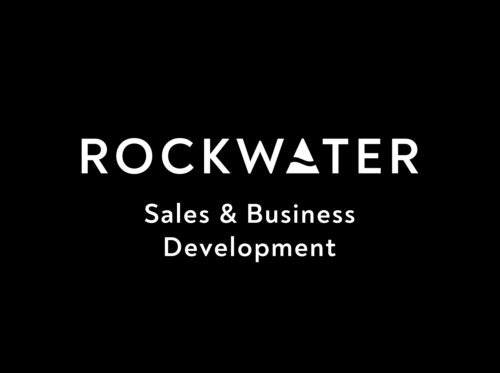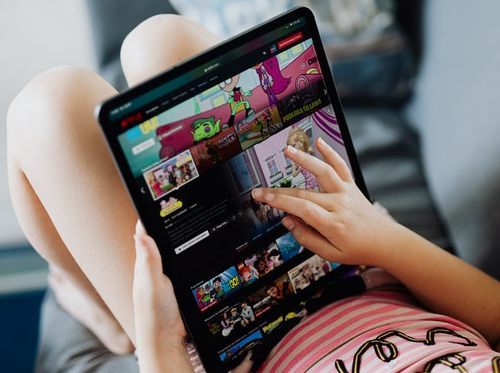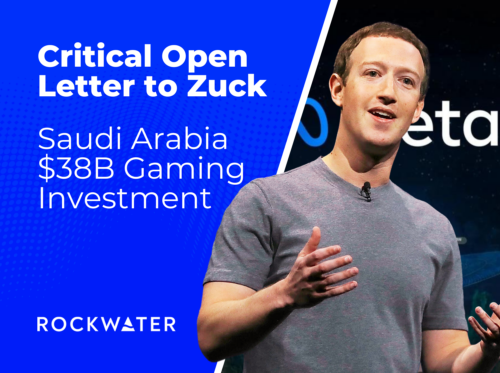Pophouse Avicii Exhibit + Business Model of Netflix Houses
RockWater Roundup
RockWater analysis to make you a better investor and operator. Today we discuss Pophouse’s Avicii Exhibit and the economics of music catalog exploitation, and the business model of Netflix’s play-shop-eat Houses.
The Business Model of Netflix Houses
by Chris Erwin
Netflix will open up play-shop-eat Houses in 2025.
To me this feels like 1 of 3 things…
- PR move, immaterial to biz
- Part of legacy B&M strategy initiative, will fade away
- A very big swing
The announcement stood out to me as I thought about my recent visit to Pophouse Entertainment‘s Avicii exhibit in Stockholm.
And the fantastic analysis my colleague Michael Booth wrote about it (link in comments 👇 ).
A few questions I’m pondering about these Houses…
🤔 How many different IPs will be showcased at each “House” experience?
🤔 What proprietary streaming data will inform which IP to showcase and coordinate at each location?
e.g. viewer discovery journeys (watched X then Y within 90 days), combo formula of audience age / geo / watch recency, like button engagements, alignment with play-food-shop theme?
💭 Is it better for each retail location to go deep down one storyline / lore / character universe, or go broad? Will this be tested during beta launch, or is the strategy set?
💭 What are the actual goals of these Houses? PR buzz to drive franchise awareness, IRL fan data collection to uniquely inform programming strategy, core fan monetization, other?
By knowing goals, we can assess success, and forecast where this initiative is headed.
👀 Does Netflix have enough tentpole, cut-through-the-zeitgeist IP to make this actually work at scale? If it needs more, is its content unit economics improving or worsening over time with streamer competition?
👀 How many locations (hundreds, thousands?!), and at what build-out cost, will it take for this initiative to return meaningful value to shareholders VS sole focus on improving content quality and streaming experience?
Considering the tough capital markets and payTV model decline, singular focus and capital preservation over next couple years could be the right power move.
Netflix capital could be used to acquire IP and production houses in distress, invest in streaming tech, do JVs with A+ talent, or keep lights on in challenging operating environment…must always be thinking about opportunity cost.
The Walt Disney Company and its merch / theme park business is incredible. But it was built over the past 100 years, in a different operating environment.
Pophouse’s Avicii Immersive Experience, Comparisons to Hipgnosis
by Mike Booth
Very impressed by Pophouse Entertainment’s Avicii immersive experience
🤔What stood out:
Favorable Unit Economics:
-
Very good use of the limited square footage, the experience feels much bigger than it is.
-
The buildout cost also looked light, from experience it’s very easy for budgets to balloon quickly.
-
It shares flexible staffing with an eSports arena that Pophouse launched in the same venue. Consolidated labor cost improves profitability and enables the exhibit to stay open during off peak hours
🎨 Creative:
Genuinely one of the most entertaining museums I’ve ever been to, very experiential and Instagrammable. They also did a great job of building on the lore of Avicii → telling his story as more than just an artist
🤯 The Bigger Picture:
The economics of music catalogue exploitation are being scrutinized more than ever. Hipgnosis Song Management made the biggest splash acquiring hundreds of evergreen artists catalogues over past 3 yrs, to the tune of many billions spent. In their pitch to investors they likened music royalties to being “as valuable as gold”, due to their consistent revenue streams.
Flash forward to present day and Hipgnosis is in a tough spot. Stock price at an all time low and potentially shutting down.
Hipgnosis bought catalogues using a high amount of debt, which had floating interest rates. Rising rates have considerably increased Hipgnosis’ annual interest obligation, while also decreasing their risk premium VS treasury bills.
Their acquisition models were too aggressive. Buying catalogues at 20x+ annual cash flow, relied on a significant amount of value-add from Hipgnosis’ central mgmt team in executing new licensing deals for those catalogues. That value-add has not materialized to the extent management forecasted.
Hipgnosis just announced they are forgoing their shareholder dividend payment to instead service debt. There is an upcoming vote where shareholders will vote whether to dissolve Hipgnosis altogether.
📍Juxtapose Hipgnosis to Pophouse:
Pophouse has been selective about purchasing a few catalogues of Scandinavian artists and deeply monetizing them.
So far Pophouse has only bought catalogues for Avicii, Abba, and Swedish House Mafia. For those few catalogues they are executing licensing deals, building premium location based entertainment experiences, and story building on the lore of their artists.
Pophouse’s Abba Voyage experience has sold 1.5M tickets in its first 15 months since opening. 99% sell out every night. At $100 per ticket it’s generating $120M per yr as a single exhibit, and it’s going global soon.
That’s killer.
My net / net is that catalogue aggregation isn’t a game of hyperscale, which is where Hipgnosis whiffed. Successful catalogue active mgmt requires great IP selection (artists need passionate fandoms that can be activated, see Abba), FOCUS, and a strong operating team.
—
Bonus – video of me mixing it up at the Avicii exhibit
If these insights are relevant to projects you’re working on, ping us here. We do financial and strategy advisory for media, tech, and commerce executives. From M&A and fundraising, to industry research and go-to-market planning.



